Livestock farm equipment
The equipment needs of a livestock farm depend heavily on the type and scale of your operation. Here's a breakdown of some essential and optional equipment categories for various livestock farms:
Essential Equipment (for most livestock farms)

Scales
For weighing animals to monitor growth and health.
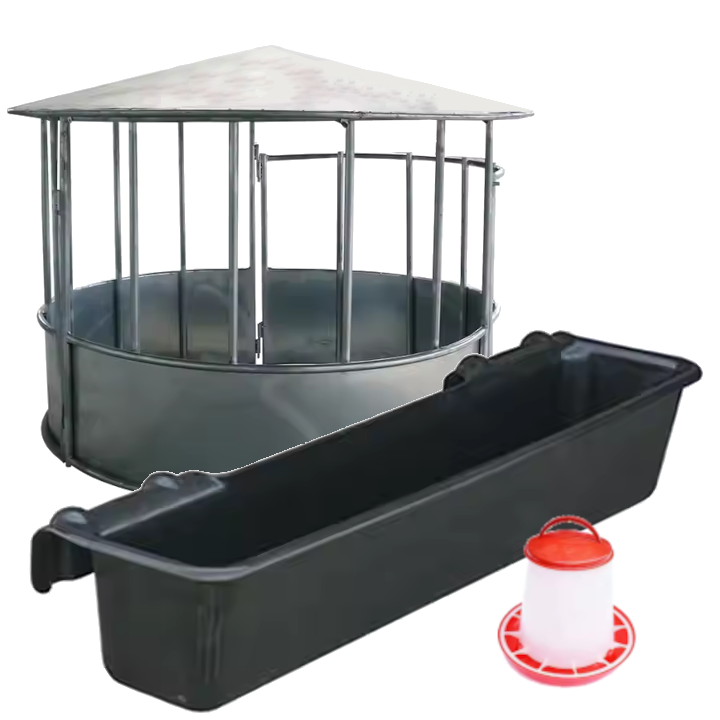
Feeders
Automated or manual feeders for delivering concentrates, grains, hay, silage, or supplements.
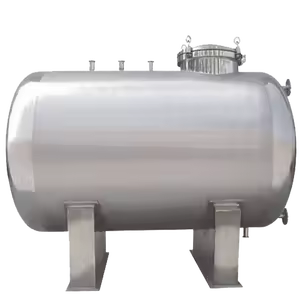
Watering systems
Clean water access is crucial. Options include automatic watering systems or strategically placed water tanks.
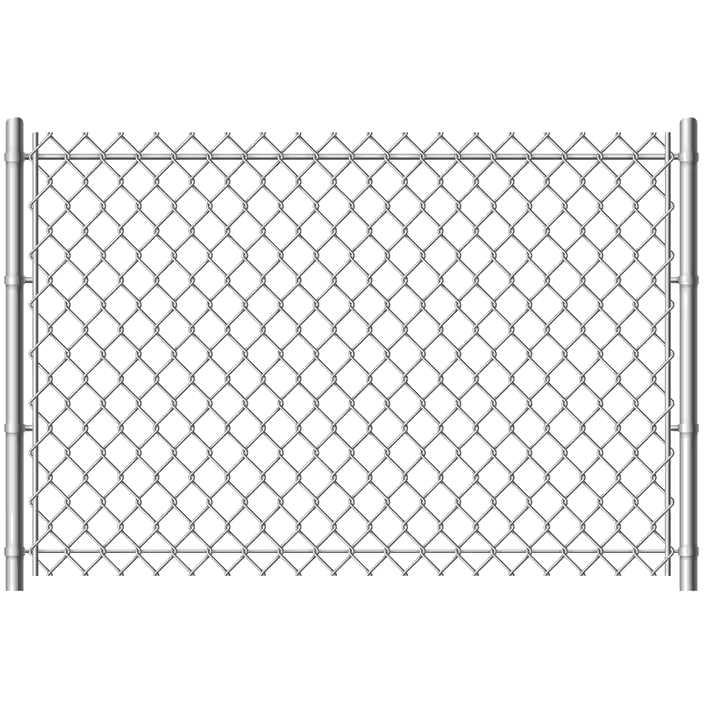
Fencing and Gates
Fencing: Robust fencing is essential for containing animals and preventing them from escaping or wandering into dangerous areas. Gates: Used to control access to different areas of the farm and to separate animals.
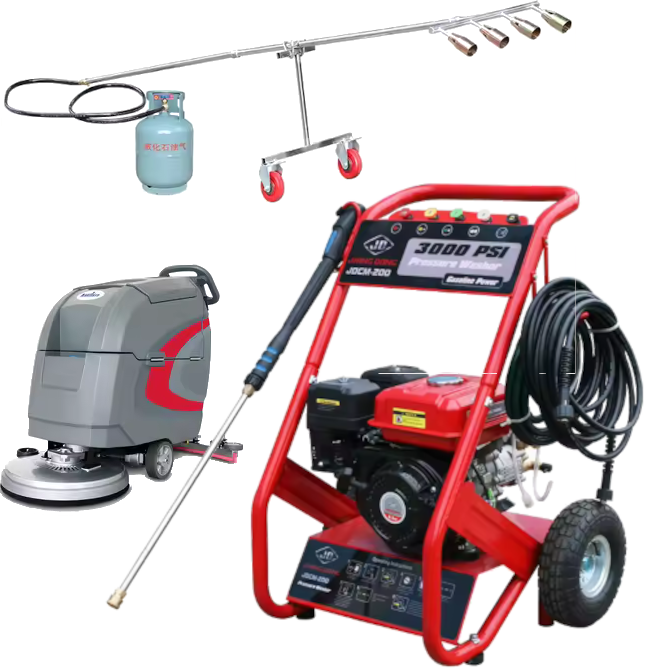
Cleaning and disinfecting equipment
For maintaining a clean and sanitary environment.
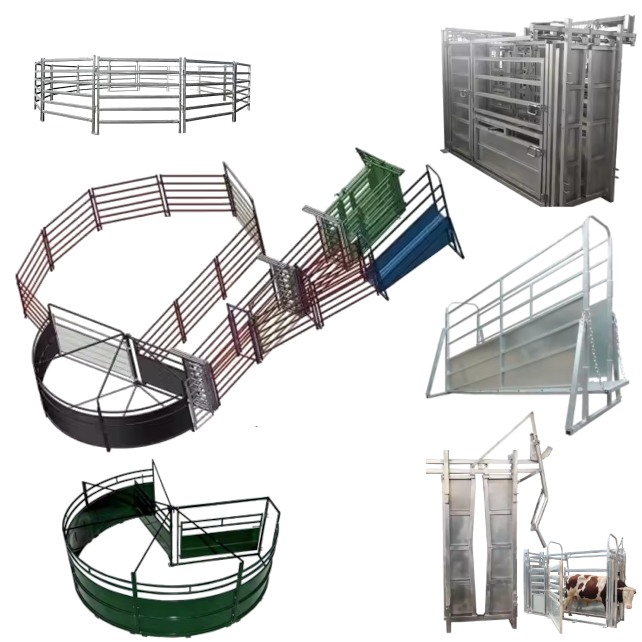
Handling Equipment
Chutes and alleys: These are used to guide and move livestock safely and efficiently. Crowding tubs: Used to gather and hold animals for processing or treatment. Portable corrals and panels: For temporary enclosures and holding areas. Loading chutes and ramps: For safely loading and unloading animals from trailers or trucks. Head gates and head holders: Used to restrain animals for various procedures. Roping and sorting equipment: For managing and separating animals within the herd.
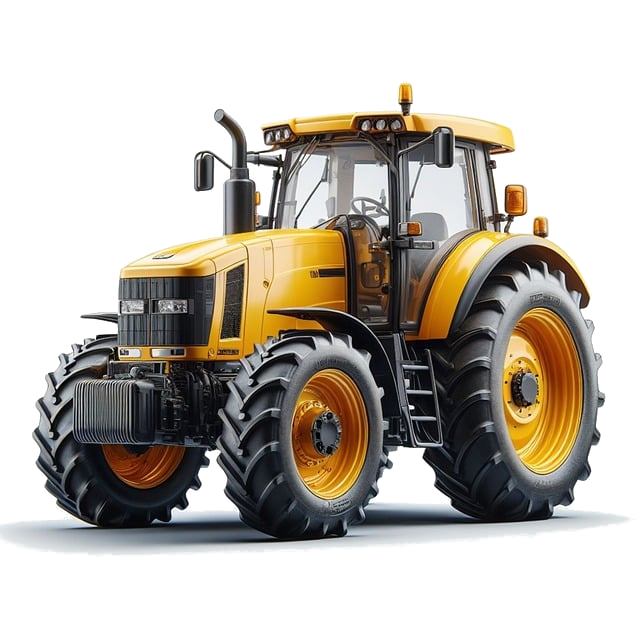
Tractors
Used for pulling various implements and transporting equipment or feed.
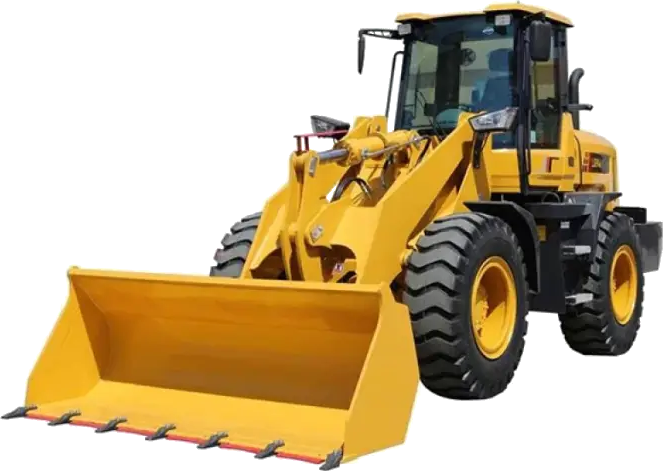
Loaders/Skid Steers
For moving feed, manure, bedding, or other materials around the farm.
Production-Specific Equipment (depending on livestock type)
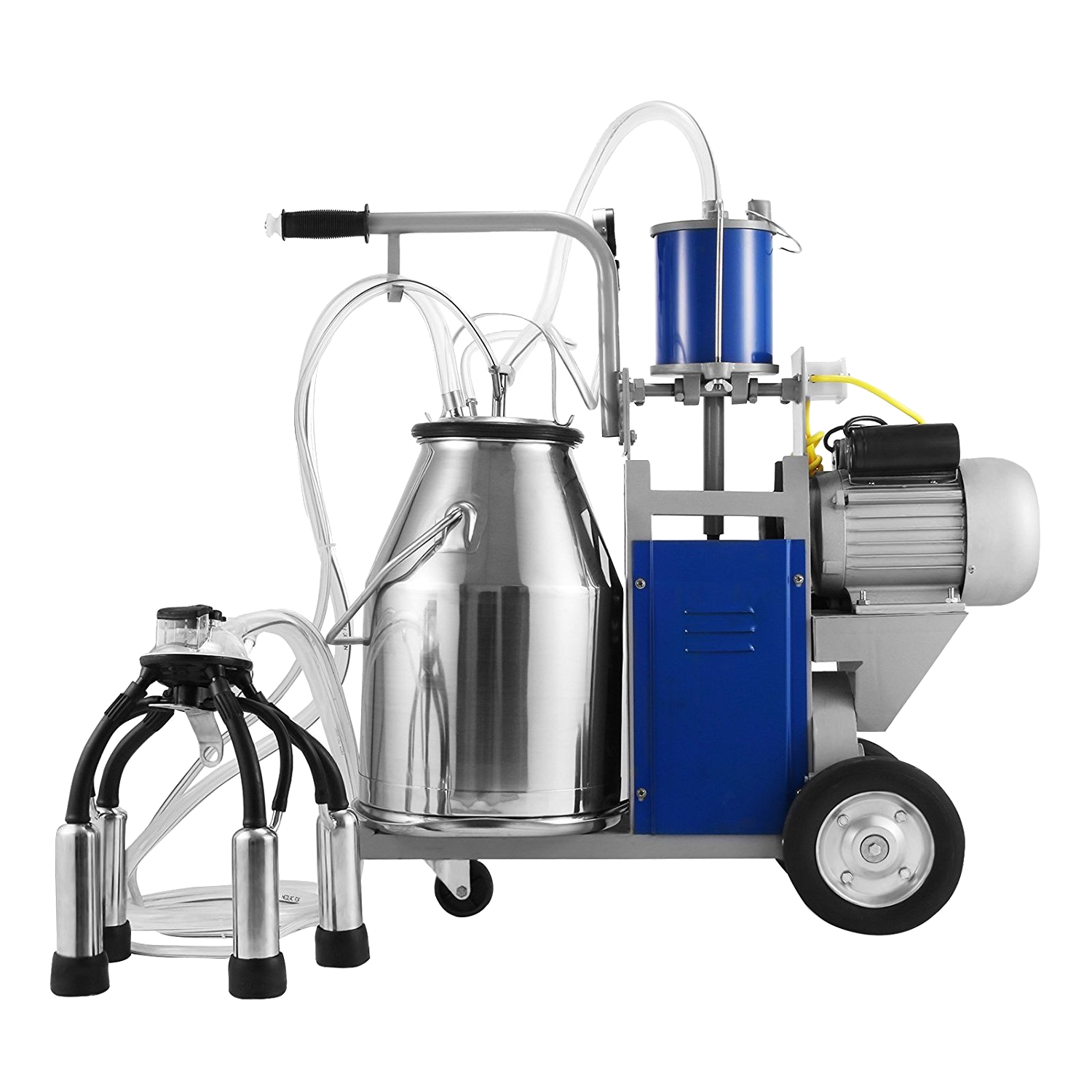
Milking Machines
Automated or manual systems for milking females efficiently.
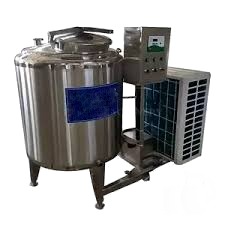
Milk Coolers
Maintain proper storage temperature for raw milk before transport or processing.
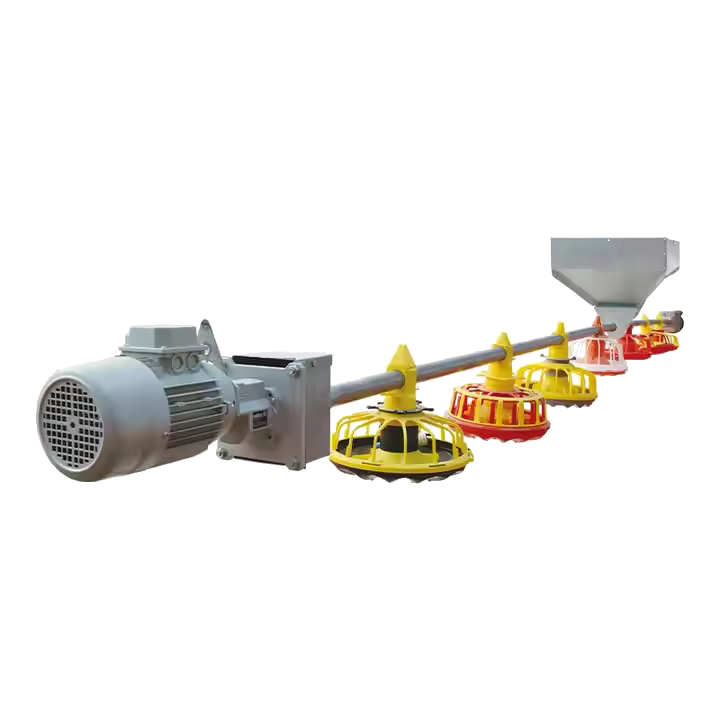
Automatic Feeding Systems
Deliver feed efficiently to animals.
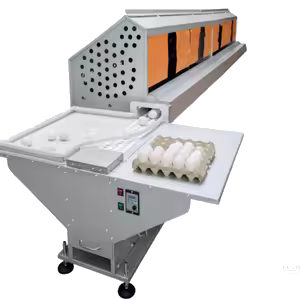
Egg Collection Systems
Automated or manual systems for collecting eggs from laying hens.
Optional Equipment
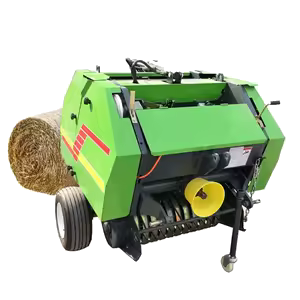
Hay Baling Equipment
For producing and storing hay for winter feed.
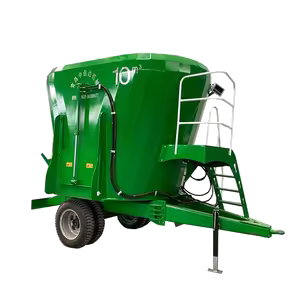
Feed Mixers
For mixing various feeds to create balanced rations.
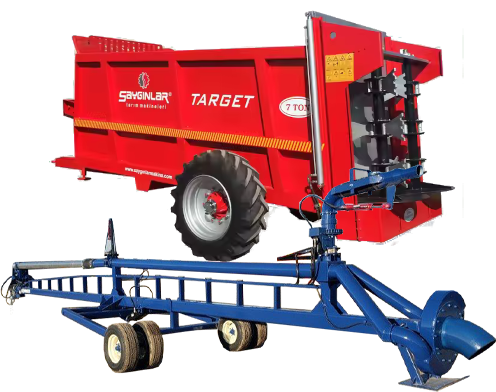
Waste Management Equipment
Manure lagoon pumps and Manure pits or lagoons: For storing and managing manure. Manure spreaders: For spreading manure on fields as a fertilizer.
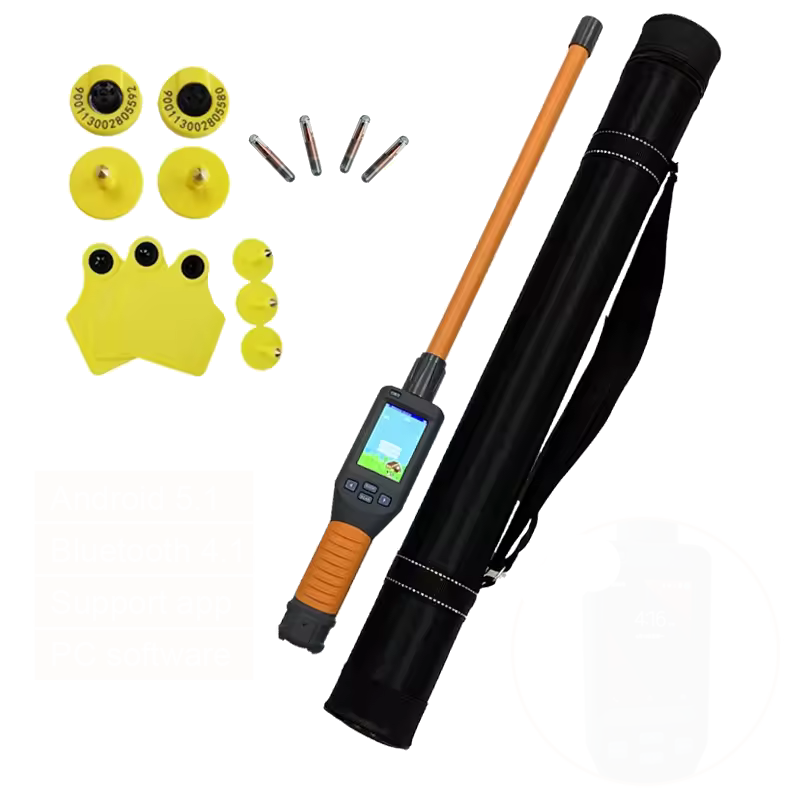
Animal Identification Equipment
Ear tags, RFID tags, or other methods for tracking individual animals.
Additional Considerations

Scale
Large-scale operations may require more sophisticated and automated equipment, while smaller farms might rely on more manual tools.
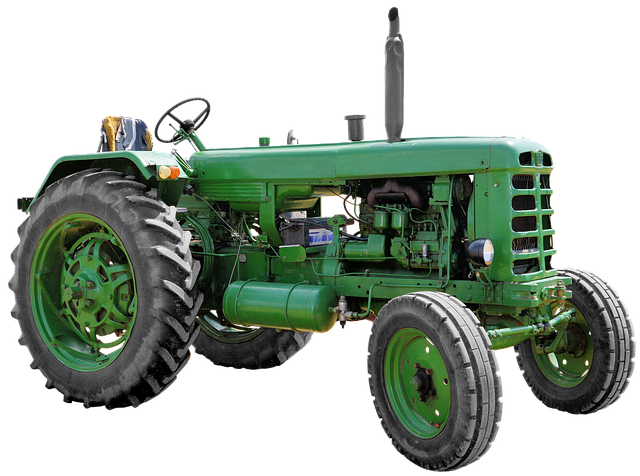
Used Equipment
Purchasing good quality used equipment can be a cost-effective option, but factor in potential maintenance needs.
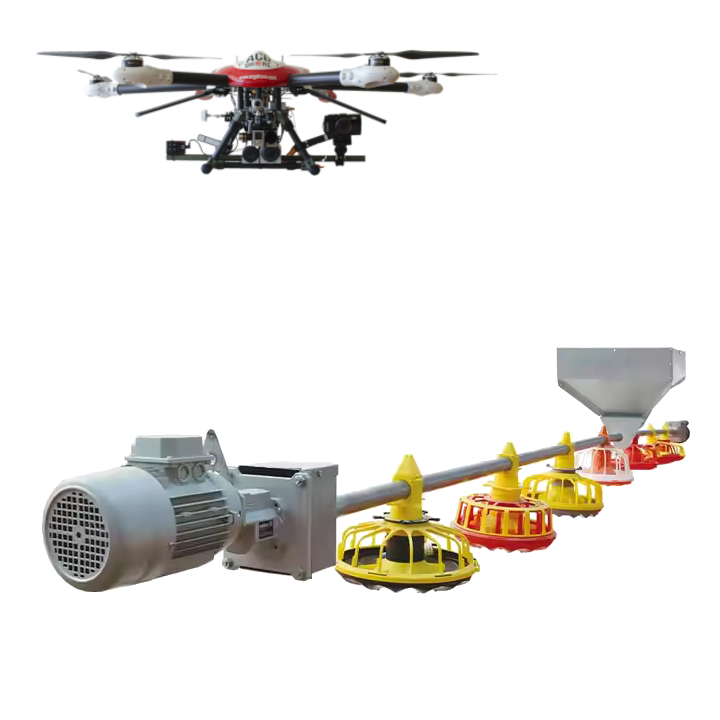
Technology Integration
Consider incorporating technology like automated feeding systems or herd monitoring tools to improve efficiency and animal well-being.

Budget
Carefully evaluate your budget and prioritize essential equipment before investing in specialized options.
Remember, consulting with experienced livestock farmers or agricultural equipment suppliers can help you choose the right equipment for your specific needs and ensure compatibility with your existing infrastructure.